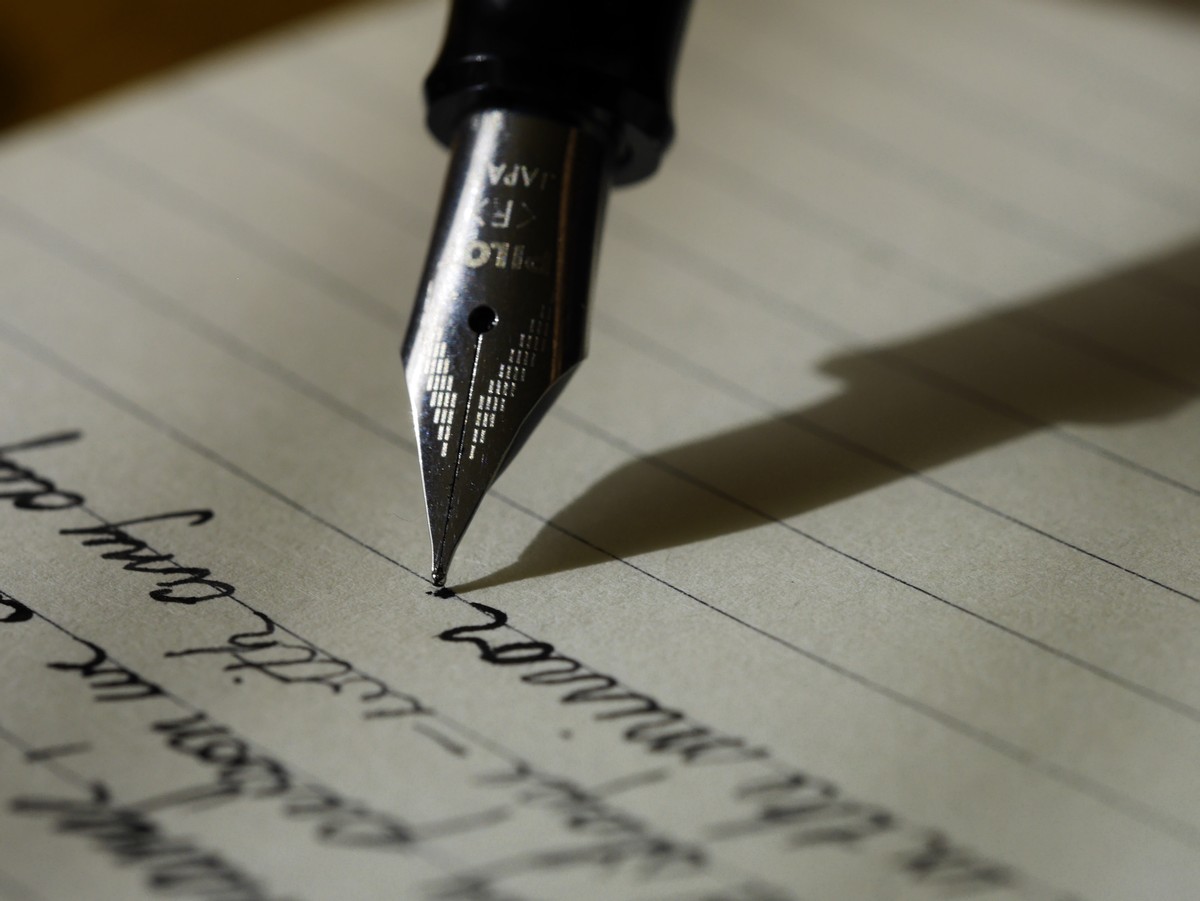
There has been a lot of talk lately about how much reading literature has decreased. I'm not going to go into all the benefits of reading, mainly because you'd probably start yawning before I got to the end of the list. I'm far from being a bookworm, and although I read every day, I have my pet peeves about books, and I'm a slow reader by choice. That must be why I have no qualms about putting a book down if it hasn’t clicked by page 50. I guess that makes me a weird reader, as well as a demanding one.
To understand what polls claim about reading literature, it makes sense to narrow down what exactly "literature" is. Are comics considered literature? What about history books and essays? Yes? No? Why not? Let's take a look at Merriam- Webster's definition:
"Writings in prose or verse, especially : writings having excellence of form or expression and expressing ideas of permanent or universal interest."
Taken literally, that definition would include any journalistic article , or even some cookbooks —no one would argue that food isn't of "permanent universal" interest. So what is the actual problem? Could it be that we have the wrong idea of what literature is? Who decides whether a piece of writing deserves that label?
Sorry for the bombardment of rhetorical questions. I'm clearly puzzled, though I'm positive that the instructions printed on the back of a box of pasta can't be considered literature.
It's easy to point to the canonical giants, but before jumping to conclusions, we need to ask what they're really mourning. Is it the decline of classic novels? If the problem is simply that people read differently now, maybe the tragedy isn’t that reading has changed, but that we still cling to an outdated picture of what “real reading” is supposed to look like and how institutions, like universities, reinforce that idea.
I think we tend to mix "literature" with novels or more generally "belles lettres", hence the confusion. Merriam-Webster's definition of belles lettres: literature that is an end in itself and not merely informative; specifically : light, entertaining, and often sophisticated literature. But in English, "literature" has a broader meaning. Technically, a cookbook is literature. While your stories are certainly to be qualified as "belles lettres", to our joy. 😊
I’m blushing, @Lokus, haha. I really appreciate your compliment. It's so sweet. I use my stories as a tool to learn English. I’ve never written in Spanish. Expressing myself in English is a constant challenge that I happily take on. I love digging into my characters’ personalities or just messing around with weird idioms. It’s so fun.
As for the concept of literature, I always feel like no definition fully describes it. I think most o them fall short and dismiss other genres that are usually considered "minor". Thanks so much for your insights!
Ever read “The Art of Eating” by M F K Fisher?
That is some sophisticatedly written literature about cooking.
If someone writes about cooking, is it a cookbook?
@Nemvagok haha, touché. But that book is far from an ordinary cookbook...